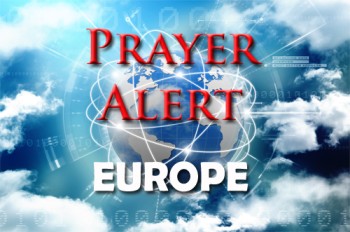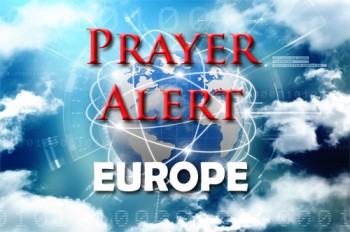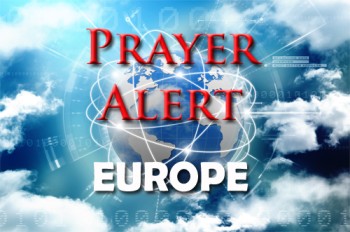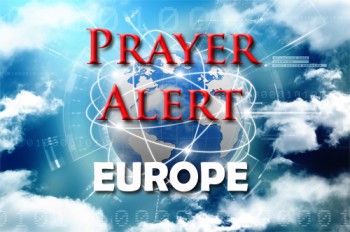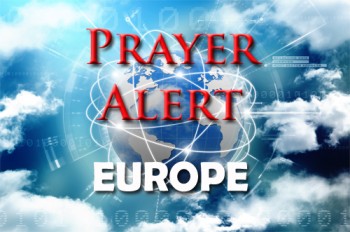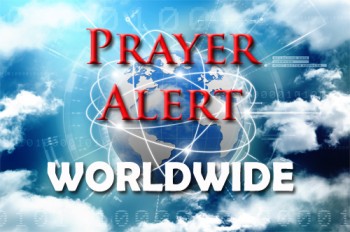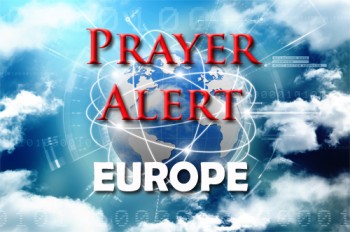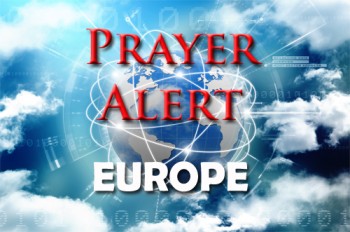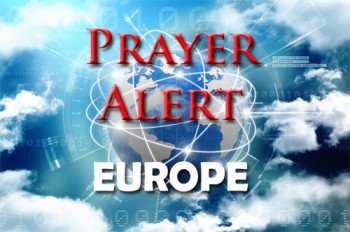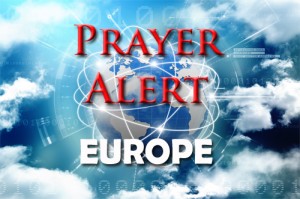Displaying items by tag: Albania
EU: von der Leyen calls for tougher migrant deportations
European Commission president Ursula von der Leyen has suggested that the EU could learn from Italy’s controversial new policy of processing migrants offshore in Albania. She has proposed new legislation to increase deportations, noting that only 20% of irregular migrants ordered to leave EU countries actually do so. Italy’s scheme, which began on 15 October when sixteen migrants were transferred to Albanian processing centres, has sparked criticism from opposition parties and NGOs for being costly and potentially harmful to human rights. The €650 million project excludes vulnerable groups like pregnant women and children. Prime minister Giorgia Meloni defended the scheme as a courageous approach which ‘perfectly reflected the European spirit’. Recently Germany, France, and Poland have tightened their borders and immigration laws, driven in part by security concerns following violent incidents involving failed asylum seekers.
Italy: controversial outsourcing to Albania delayed
Government-aligned Italian MEPs are defending a plan to detain migrant arrivals in Albania, despite NGOs calling it ‘cruel’. Two Italian-funded migrant reception centres in Albania, part of a five-year agreement, face delays and are now unlikely to open before the end of the year. Under this deal, Albania will host up to 36,000 asylum seekers a year while Italian authorities handle their cases. The upfront costs are arguably minor compared to managing migration in Italy, but critics, including Amnesty International, argue that the plan violates human rights by detaining migrants for long periods and externalising asylum procedures. The externalisation model, also seen in the now-discarded UK government’s Rwanda plan, is seen as effective by some EU states but raises concerns about human rights and costs.
Christians attacked for declaring truth
There are currently three European cases where Christians are under attack for speaking out biblical truth concerning gender and same-sex marriage issues. Pastor Akil Pano is accused of hate speech in Albania after defending the words ‘mother’ and ‘father’ and rejecting ‘parent 1’ and ‘parent 2’. In Malta, Matthew Grech has been accused of promoting ‘gay conversion therapy’, and in Ireland teacher Enoch Burke has been removed from his job after refusing to call a transitioning pupil by a new name and ‘gender neutral’ pronouns. Also, in Finland the case of Päivi Räsänen continues; after being acquitted for expressing her views based on the Bible about sexuality and marriage, she is again having to defend her views at the Court of Appeal.
Albania: ‘take more care of people’
Monsignor George Frendo, chair of Albania’s interfaith council, has appealed for the country to take more care of its people’s health. ‘Have we reconciled with the coronavirus? Or are we afraid that more restrictions will create problems for the country’s economy? And what should be the priority, the economy or the health of the people?’ He quoted Father Arturo Sosa, the general superior of the Jesuits, who has commented that coronavirus is a threat not only to human life and affairs, but also to democracy. Msgr Frendo added, ‘Maybe someone can accuse me of interfering in politics? Jesus has approached and healed many sick people. Unfortunately I do not have this ability! But it is my duty to speak for the protection of the health of our people.’
Albania: unethical building leaves 5,000 homeless
Illegal construction is rife in Albania: many buildings lack permits and don’t adhere to safety codes. The earthquake on 26 November killed 51 people, injured 900, and left 5,000 homeless. Nine people were suspected for homicide and abuse of power. Seventeen builders, engineers and officials are suspected of breaching building regulations, causing the collapse of buildings during the 6.4-magnitude quake. Eight of the suspects are still being sought by police. Preliminary investigations have established that irregularities had been the cause of buildings collapsing. Albania lies near a tectonic fault line; pray that the vulnerability of the land will be a major consideration when further construction work commences. Pray for a strict review of building regulations, and for the homeless to be rehoused in appropriate accommodation speedily and to be fairly compensated.
Persian Gulf: Operation Sentinel launched
Large navy vessels will watch at chokepoints while smaller vessels will patrol key transit lanes, and airborne assets will monitor traffic in the Persian Gulf. This stems from a new coalition officially launched on 7 November from its Bahrain headquarters. It will protect shipping in the troubled waters after a string of attacks that Washington and its allies blame on Iran, threatening the world’s oil supply. Iran denies responsibility for the attacks, and has put forward its own proposals for boosting Gulf security - that pointedly exclude outside powers. The new mission, dubbed Operation Sentinel, will see vessels escorted through the Strait of Hormuz, the strategic chokepoint at the head of the Gulf and the main artery for transporting oil. Australia and the United Kingdom are the main non-Gulf countries to have sent warships to escort shipping. The newest member, Albania, joined on 6 November.
Albania: moving forward
Albania was once the poorest nation in Europe, but poverty has been cut by more than half and the economy continues to show positive signs of growth. Despite having well-known gangsters, it has made notable steps in combating drugs, weapons and human trafficking. Last year the European Commission said that it had shown enough progress towards implementing the required reforms that accession negotiations can begin. Under Communist rule, no religion was allowed. Now, Islam claims twice as many followers as Christianity. Christian believers enjoy worshipping openly in a country that once restricted religious freedom, although most who claim Christianity are reported to be nominal in their faith. Praise God that children’s ministry is drawing whole families into church and multiple generations are coming to faith. Pray for isolated believers to find safe ways to meet with others, and for believers from Muslim backgrounds to be protected from pressure and attack from friends and family.
Albania: Christian momentum
For years Albania was closed to the gospel. Many see concentrated prayer and intercession as major reasons why it is now open for ministry and scripture translation is being undertaken. There are three complete translations of the Bible in Albanian; one literal, one paraphrased, and one Catholic. The NT has been retranslated into modern Albanian, and a new OT translation is under way. Pray for accuracy, timely completion, and widespread use of the Scriptures. Religious literature from many faiths flooded the country after Communism fell. Christian books are now published there, but there are very few Christian bookstores. Pray for the impact of useful Christian books and literature, and outlets for their circulation.
Albania: president cancels elections
Protesters were met with tear gas and flares on the streets of Tirana, after Albania’s president Ilir Meta cancelled the 30 June elections. He cited political tensions in the country, stating that circumstances do not provide the necessary conditions for true, democratic, representative and all-inclusive elections. The opposing centre-right Democratic Party, led by Lulzim Basha, have held weeks of protests aimed at forcing the prime minister to stand down. They accuse him of links to organised crime and vote-rigging. The United States and the EU are urging protesters to disavow violence and take part in dialogue with government representatives to resolve the political crisis. The EU has criticised some violent tactics used by protesters. Smoke bombs and firecrackers outside parliament were met with tear gas. Mr Basha has urged continuing protests until Mr Rama steps down.
The poorest country in Europe
Albania is considered to be the poorest country in Europe, with a high level of poverty and little access to basic social services. Thousands of children face injustice in many forms of abuse, violence, exploitation and early marriage. The country still lacks a fully functional system which should prevent, protect, and rehabilitate children from all forms of discrimination and abuse. World Vision works there to speak up on behalf of children and improve lives through child protection programmes (see ) In spite of the introduction of child protection measures, Albania is still one of the riskiest places for children in Europe. The risks start at birth - a high infant mortality rate - and continue through to early adulthood, when the lack of opportunities makes it difficult for them to become independent. UNICEF reported that 12% of children aged 5-14 are working while adults face unemployment and poverty.
